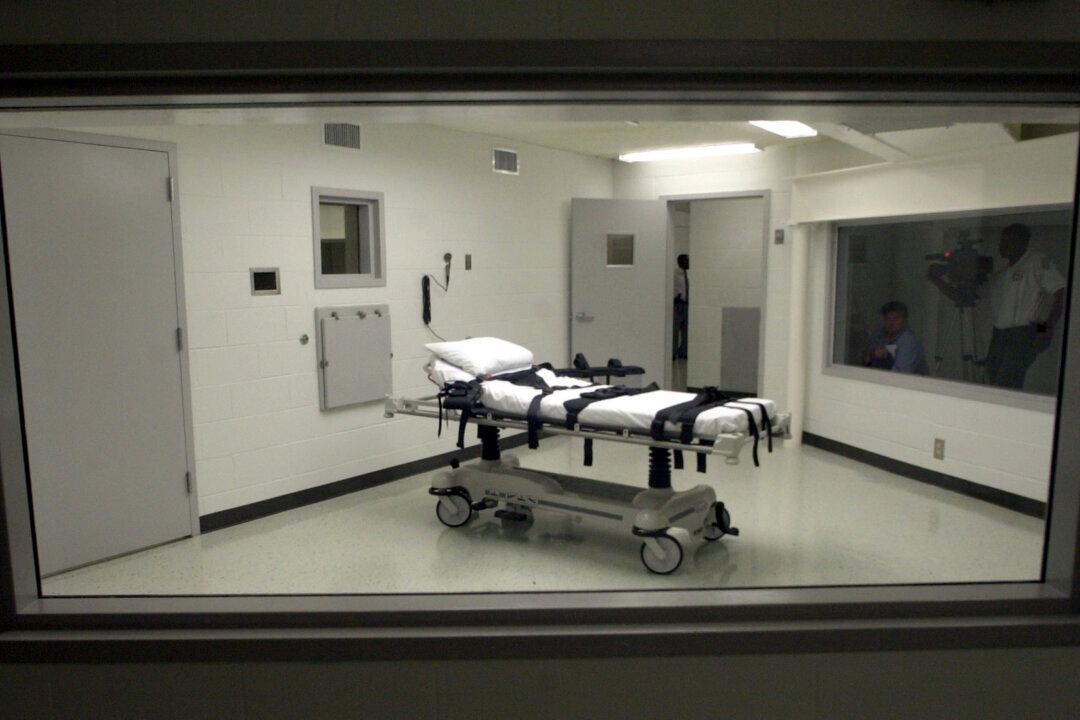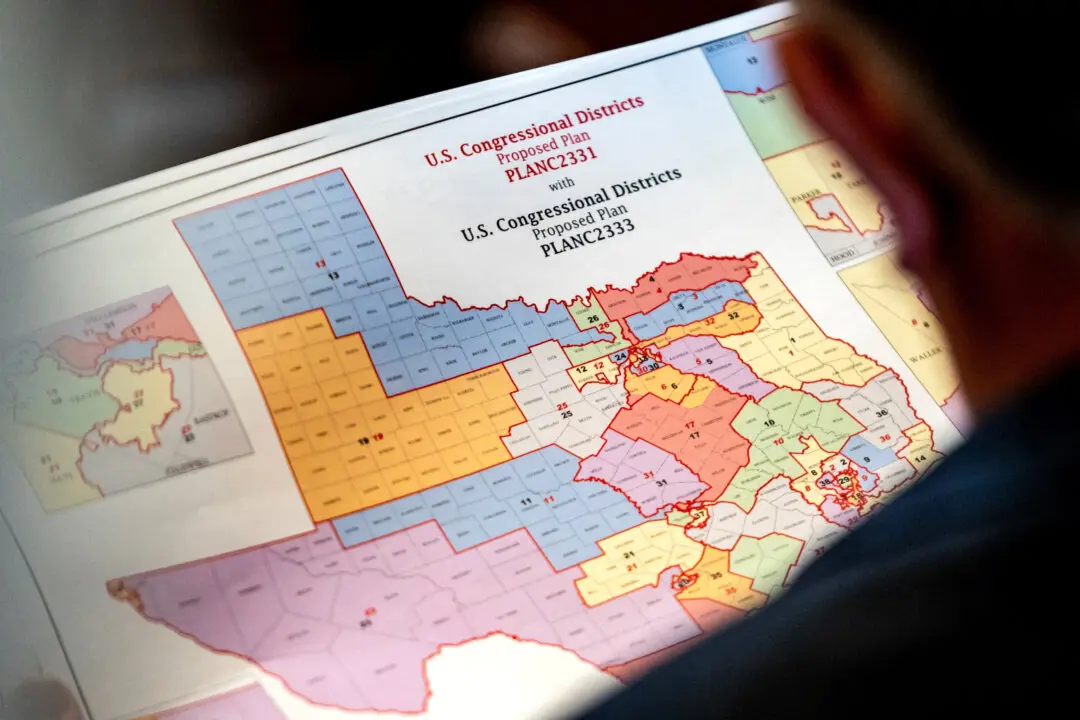Alabama is gearing up for its second execution utilizing nitrogen gas, an approach to carrying out death sentences that the state tested for the first time ever in January.
Attorney General Steve Marshall’s office has formally requested the state Supreme Court to schedule the execution of Alan Eugene Miller, convicted of a 1999 workplace shooting spree in suburban Birmingham. Miller, 59, was found guilty of the 1999 shootings that left three people dead at two workplaces in suburban Birmingham.





